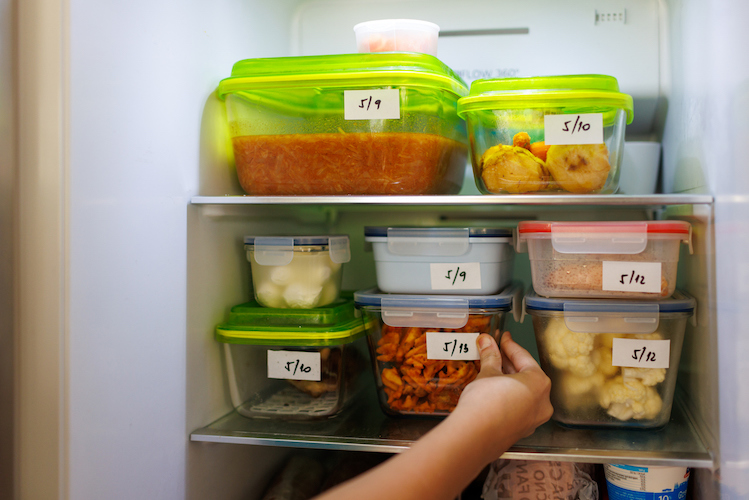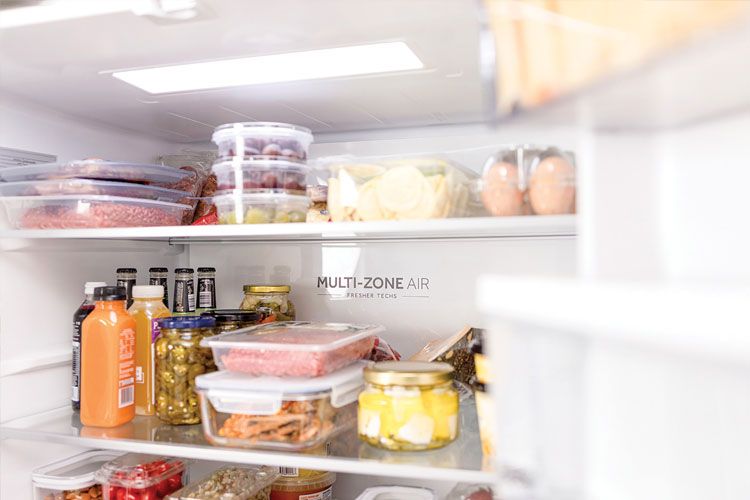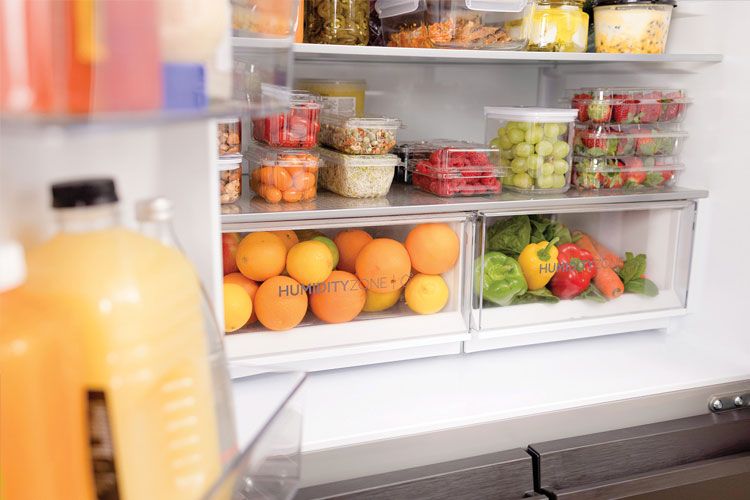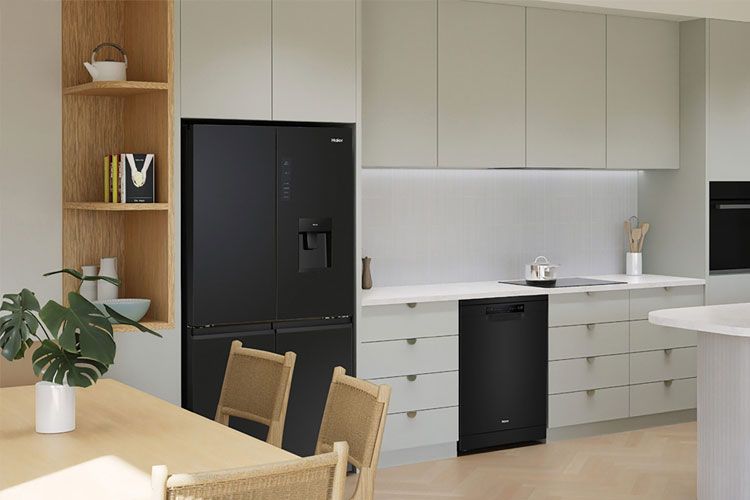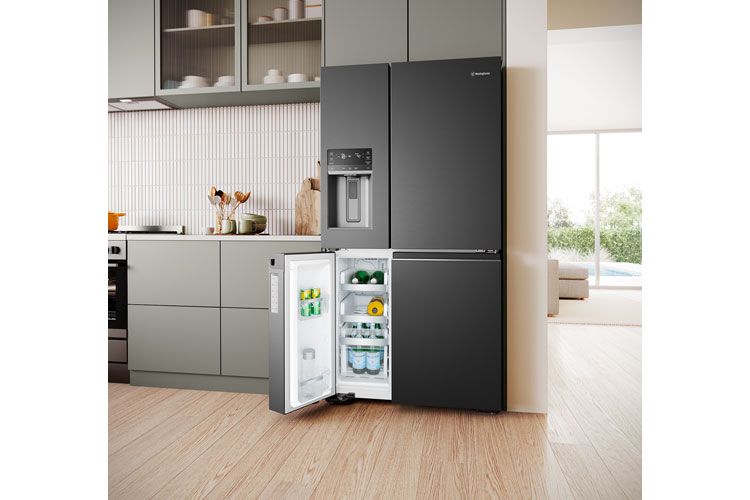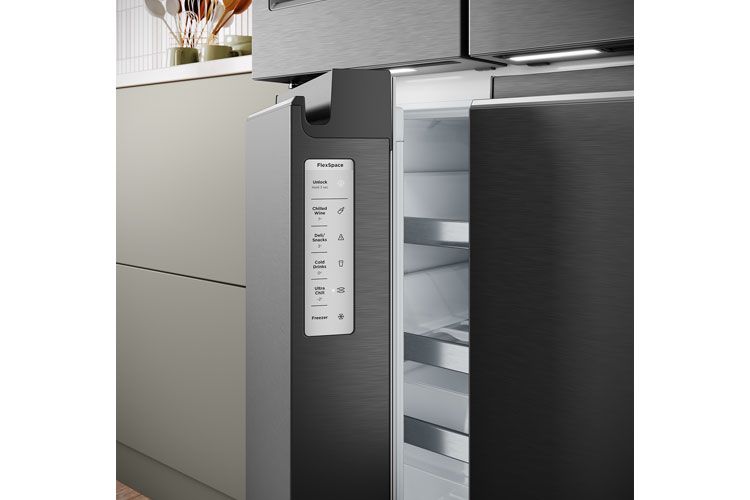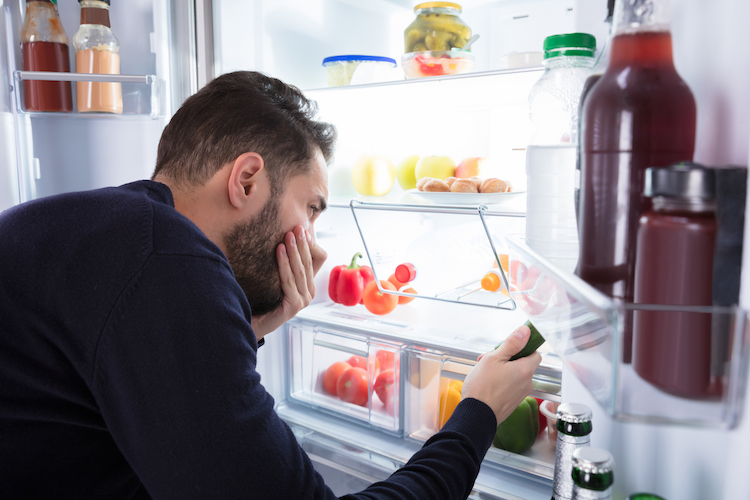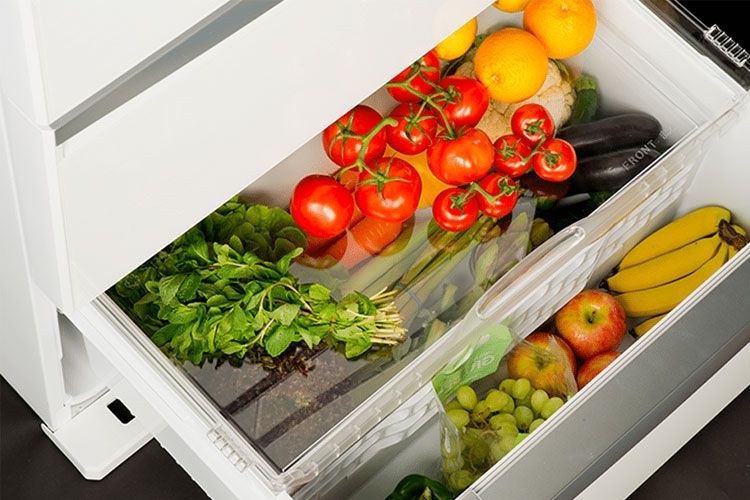5 Refrigeration Tips to Prevent Food Waste
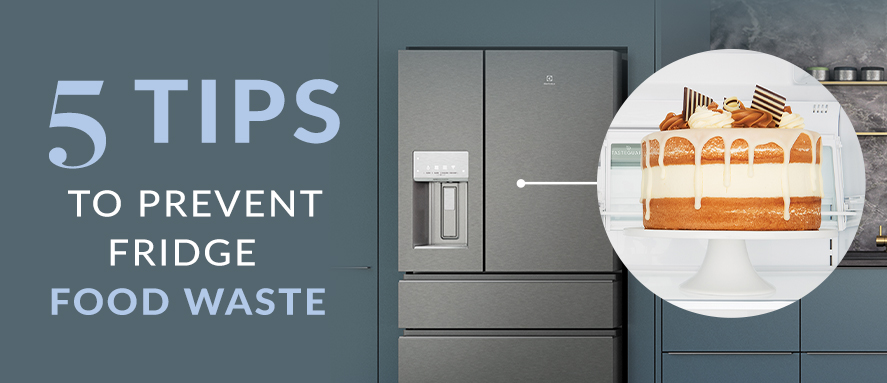
Discover 5 easy tips to ensure food waste is minimised and the fridges that can help you maximise your food’s life.
Summary
- Intelligently use your fridge to maximise food storage and prevent food waste.
- We share our top 5 food storage tips to help you combat food waste and make the most of your food.
- Need a new fridge? In addition to our storage tips, we also highlight leading fridge models from brands like Electrolux and Mitsubishi Electric.
FAQs
Australians waste an estimated 7.6 million tonnes of food annually, an amount significant enough to fill the Melbourne Cricket Ground (MCG) nine times. This substantial amount of food waste results in an economic burden of approximately $36.6 billion on the Australian economy each year, despite around 70% of it being perfectly edible. Households are identified as the largest contributors to this problem, generating about 2.5 million tonnes of food waste annually, which costs each household up to $2,500 per year (FIAL, 2021).
Reducing food waste at home is both economical and eco-friendly. Here's 5 food storage tips to help reduce food waste:
- Store Food Smartly: Use clear, airtight containers for proper storage so you can easily see and use what you have.
- Plan & Understand Labels: Plan meals before shopping to buy only what's needed. Know the difference between "use-by" (safety) and "best-before" (quality) dates.
- Control Temperatures: Keep your fridge at 5°C or below and freezer at -18°C or below to maximise freshness and food safety.
- Practice "First In, First Out": Always move older items to the front of your pantry or fridge to use them up first.
To reduce food waste when you shop, think about these alternatives:
- Non-Perishables: Stock up on canned foods, dried pasta, and rice—they last longer and are great for quick meals.
- Frozen Veggies & Fruits: If fresh produce often spoils, switch to frozen alternatives. They're just as good and you only use what you need.
- Check Dates: Always look for the longest "best before" or "use-by" dates on perishable items.
- Vacuum Sealers: Consider a vacuum sealer to extend the life of fresh foods significantly.
- "Ugly" Produce: Buy imperfect fruit and veggies where available; they're perfectly fine and help reduce farm waste.
- Smart Bulk Buying: Only buy in bulk if you're sure you'll use it all, or if you can freeze portions.
Related Content
Master the art of food storage and organisation with our other tips and tricks:
- Optimal Food Storage: For Longer Lasting Freshness
- 5 Clever Food Hacks to Reduce Waste
- How To: Use Vegetable Scraps in Your Cooking


